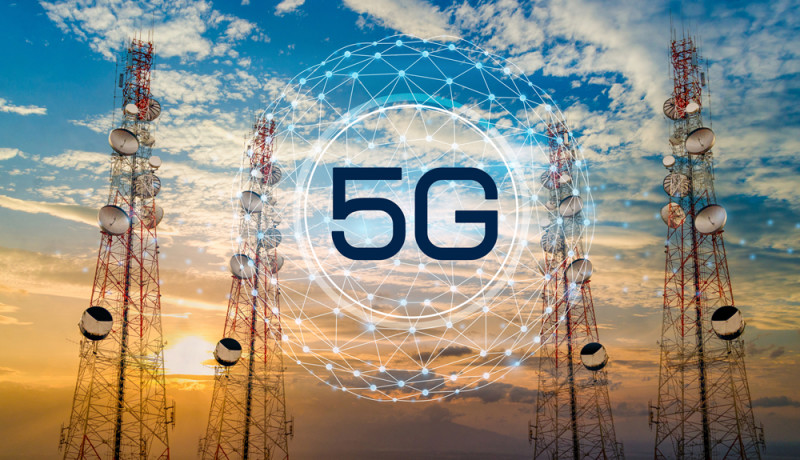Index Surge: Amplifying Your Insights
Stay updated with the latest trends and news across various industries.
5G and the Race for Connectivity: Who's Winning?
Discover the thrilling race for 5G dominance and find out who's leading the charge in the future of global connectivity!
Understanding 5G Technology: What It Means for Global Connectivity
5G technology represents a transformative leap in mobile connectivity, offering significantly faster speeds and more reliable connections than its predecessors. This new generation of wireless technology operates on a higher frequency spectrum, allowing for greater bandwidth and reduced latency. With download speeds potentially exceeding 10 Gbps, 5G can support an increasing number of devices, catering to the rising demand for data-driven applications and Internet of Things (IoT) devices. As global connectivity evolves, 5G will play a pivotal role in enabling smart cities, autonomous vehicles, and enhanced virtual experiences, thereby reshaping how we interact with technology.
Moreover, the implications of 5G technology extend beyond individual users and industries; it has the power to bridge the digital divide on a global scale. As countries around the world invest in 5G infrastructure, rural and underserved areas may gain access to high-speed internet, promoting economic growth and equal opportunities. Global connectivity will be redefined as remote education, telehealth services, and advanced manufacturing come to the forefront. As we continue to explore the boundaries of what 5G can accomplish, it is essential for policymakers, businesses, and communities to collaborate in harnessing this revolutionary technology for a more connected and inclusive future.

Who's Leading the 5G Revolution? A Breakdown of Key Players
The 5G revolution is being propelled by several key players from various sectors, including telecommunications, technology, and government entities. Major telecommunications companies, such as Verizon, AT&T, and T-Mobile, are at the forefront, investing heavily in the infrastructure needed to roll out 5G networks. These companies are not only upgrading existing LTE systems but also implementing new technologies like millimeter-wave and massive MIMO, which are essential for delivering the high speeds and low latencies associated with 5G. Furthermore, global tech giants such as Huawei and Ericsson are manufacturing the necessary equipment, playing a pivotal role in shaping the 5G landscape.
In addition to telecom operators and equipment manufacturers, the 5G revolution is also fueled by partnerships and collaborations with technology companies and startups. Companies like Qualcomm and Intel are working diligently to develop chips that will enable 5G capabilities in a variety of devices, from smartphones to IoT devices. Moreover, governments around the world are playing a crucial role by providing regulatory support and funding for 5G initiatives. The combined efforts of these key players not only drive the 5G rollout but also set the stage for innovations across numerous industries, promising a transformative impact on how we connect and communicate in the future.
Is 5G Worth the Hype? Exploring the Benefits and Challenges
As the rollout of 5G technology continues to gain momentum, many are left wondering: Is 5G worth the hype? This next-generation wireless network promises to revolutionize the way we connect by offering significantly faster speeds, lower latency, and improved capacity. With 5G, downloading large files will take mere seconds, and streaming high-definition content will become seamless. Additionally, this technology opens the door to advancements in various fields, such as autonomous vehicles, smart cities, and the Internet of Things (IoT), making it a potential game-changer in our increasingly digital world.
However, the transition to 5G is not without its challenges. One major concern is the infrastructure required to support this new technology, which demands substantial investment and upgrades to existing networks. Additionally, there are debates surrounding health effects and privacy issues, as the higher frequency waves used in 5G can raise questions about human exposure and data security. Moreover, achieving universal accessibility remains a hurdle, as rural and underserved areas may struggle to benefit fully from the advantages that 5G has to offer. In conclusion, while the potential benefits of 5G are indeed exciting, it is crucial to weigh these against the challenges that lie ahead.